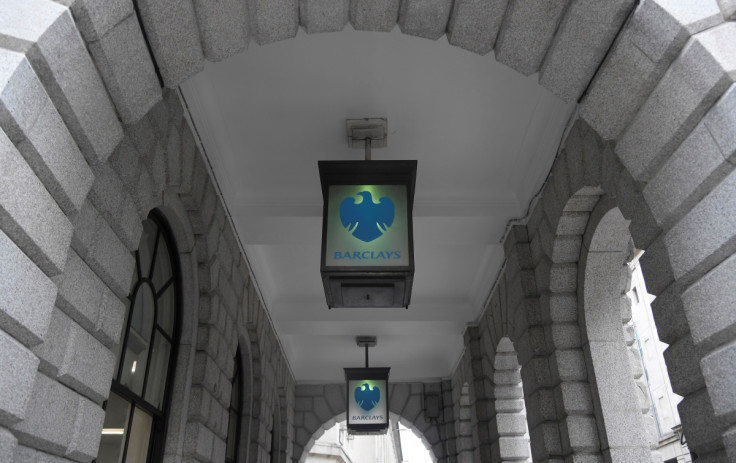Barclays To Pay $361 Million Over Securities Selling Blunder

British lender Barclays Plc <BARC.L> agreed with the U.S. Securities and Exchange Commission to pay $361 million after control failures led the bank to sell $17.7 billion of securities it was not allowed to issue.
The conduct concerned dates back to March this year when Barclays disclosed that it had accidentally oversold complex structured and exchange-traded notes, overshooting by about 75% a $20.8 billion limit on such sales it had agreed with the SEC.
The bank had failed to implement any internal controls to track such transactions in real time, the SEC found.
"While we acknowledge Barclays' efforts to identify, disclose and remediate this conduct, the control deficiencies and the scope of the conduct at issue here was simply staggering," Gurbir Grewal, director of the SEC's Division of Enforcement, said in a statement.
A spokesperson for Barclays, which did not admit or deny the SEC's findings, declined to comment.
Buyers of the notes, considered "unregistered securities," had the right to demand Barclays buy back the products at the original price plus interest. The bank took a charge of 1.3 billion pounds in the second quarter to cover the costs of buying back the securities, denting its profits.
On Thursday, the SEC said Barclays had also agreed to pay a $200 million civil penalty for the control lapses. In addition, it agreed to pay disgorgement and interest of more than $161 million, although the regulator said that additional charge was satisfied by the buyback offer.
While the SEC settlement helps draw a line under the incident, which has been an embarrassment for chief executive C.S. Venkatakrishnan during his first year in the role, the bank still faces private litigation relating to the incident.
WELL-SEASONED ISSUER
The snafu stemmed from a previous enforcement settlement Barclays agreed with the SEC in 2017 which stripped the bank of its "well known seasoned issuer" status that had allowed it to sell notes in the United States with flexible filing requirements.
As a result, Barclays had to quantify the total number of securities that it anticipated offering and selling and pay registration fees for those offerings in advance. In August 2019, the bank and the SEC agreed Barclays could offer or sell approximately $20.8 billion of securities, for a period of three years.
Given this requirement, staff knew they had to keep close track of actual offers and sales of securities against the amount of registered offers and sales on a real-time basis, but the bank failed to establish a mechanism to do this, the SEC said.
Around March 9, staff realized that they had oversold the agreed amount of securities and alerted regulators a few days later, the SEC said.
© Copyright Thomson Reuters {{Year}}. All rights reserved.





















